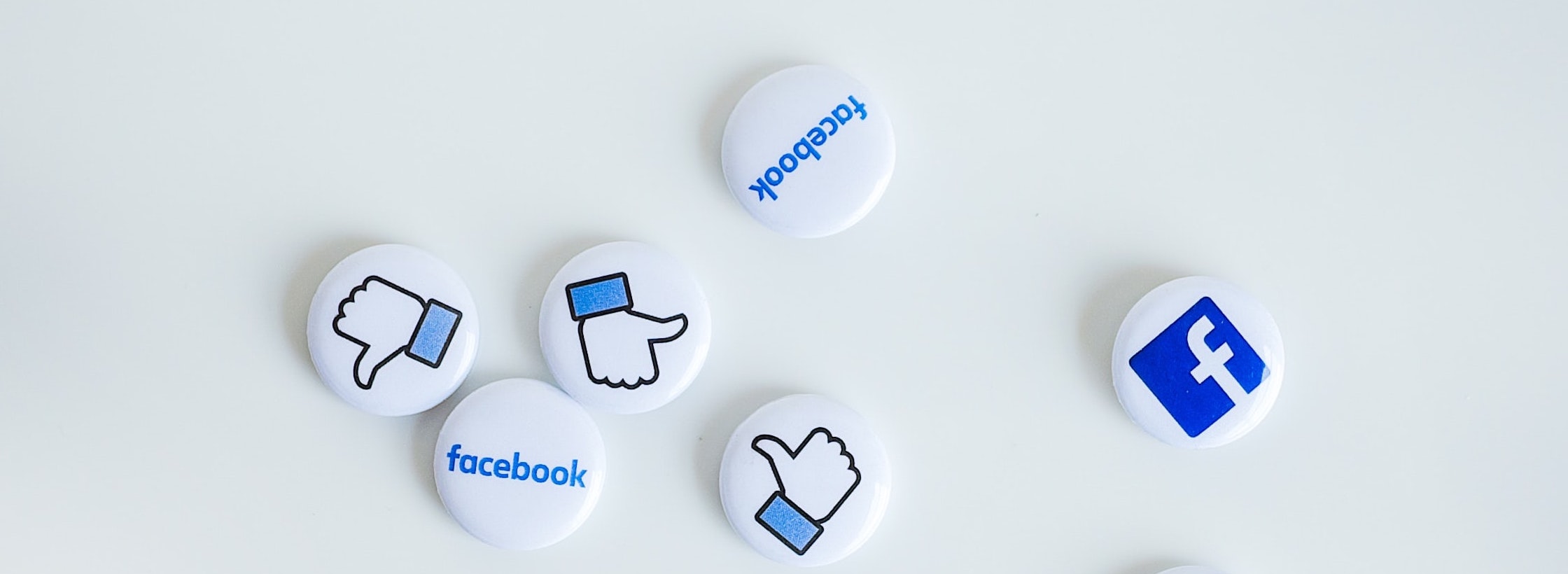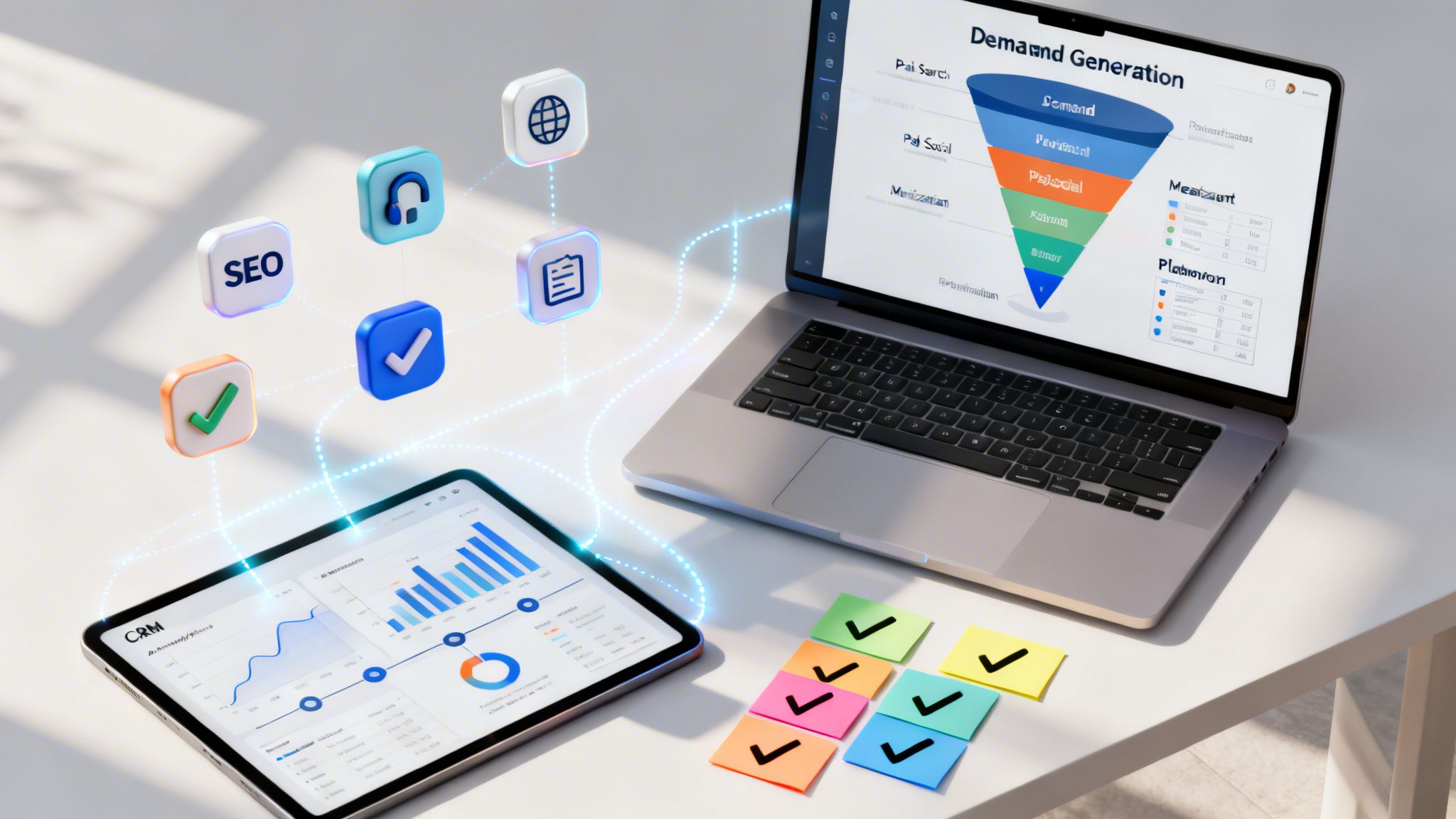While 2007 brought along the invention of the iPhone, SoundCloud, and even one of the first 3D printers; there was another sweeping digital disruptive technology that would both innovate and reshape a worldwide industry; the Amazon Kindle. To book lovers today, it may seem crazy that when the Amazon Kindle first launched it cost nearly $400. At the time, the Amazon Kindle brought on an important reminder to major publishers that the digitization of books was going to transform not just how books were read, but how they were presented, sold, and marketed to an audience.
Interestingly, as much as the publishing industry expected the digital book world to completely overtake print books, that is not necessarily what happened. Since 2016 Ebook sales have begun to decline, with a resurgence in physical book sales that are increasing on a yearly basis. This may lead a book publisher, reader, or author to ask; why are people choosing print books over the digital book world in a growing digital age? Well, the answer may be found in reader preferences.
Books, especially fiction books, are often viewed as a form of escapism from reality. With a print book, a reader is able to turn off all the noise of their own reality, including the digital reality of the 21st century, to slip away into the settings, dialogue, and prose of a book. A form of escape has always existed at the route of reading, and the need for escapism has certainly heightened due to recent technological, political, and social change that has overwhelmed both younger and older generations. Considering that the digital transformation of books is part of this overwhelming frenzy of change, it is no wonder that consumers are replacing the digital form of escape for physical books if they themselves feel overwhelmed by the noise of the digital world.

Just because most readers prefer physical books over Ebooks, doesn’t mean that the book industry has given up marketing online. If anything, digital marketing strategies have helped both authors and readers access one another easier through digital channels like Amazon, social media platforms, and even within book reviews cited in Goodreads. Instead of having to purchase a physical copy of a book at a bookstore like Barnes & Noble, a reader can now order an unlimited number of books online for delivery. Showcasing that, while readers may prefer physical books, that doesn’t mean that they don’t enjoy the digital supply chain accommodated to access those books.
With the key trends of high physical book sales, a lowering in the demand of E- Books, and an increase in book marketing through digital channels, a publishing house or self-publisher may ask; what is the best way to use digital marketing to sell a book? In reality, there are hundreds of different routes one can take to sell a book online. Though, before choosing to market a book online, it’s important to understand how digital marketing is influencing the book publishing industry so that a publishing house or self-publisher can see what digital marketing channels work best for them. Within this influence, there are a few key attributes that are defining the role digital marketing is playing in the book business:
RELATED: Digital Marketing Services: Cost-Benefit Breakdown
Digital Marketing is Reshaping how Publishing Houses Market Their Authors

The book industry is cluttered with books. Obviously, that is why the book industry exists. To help sell these books, publishing houses like Penguin Random House or Simon & Schuster exist to bring these books to audiences. While publishing houses have been challenged in recent years to advancing technologies that allow authors to self-publish their work on online platforms like Amazon, traditional publishing still remains a dominant figure in the book work. There are a few key reasons why the traditional publishing industry remains very popular.
Traditional publishing is often viewed as more professional than self-publishing since publishers are more selective of who they choose to publish; believing that the books they publish will actually want to be read. Because of this viewpoint, many correlate traditional publishing houses’ selectivism with an assumption that the books they publish will have a higher quality than that of self-publishers. This can be partly true, considering that most publishing houses have access to skilled editors, marketers, and designers who can help the author turn their manuscript into a professional cohesive package of a book.
Regardless of if a publishing house is a renowned industry giant like Penguin Random House, or a smaller independent publisher, both rely on a key step in getting their author’s books out to audiences; digital marketing. Producing digital content, handling the digital distribution of a book/information about a book, and recording online sales are all various tasks in the digital marketing process. Within these steps, there are several important digital marketing strategies a publishing house can use to market a book:
Social Media Platform Marketing: Whether an author loves or loathes the digital landscape, there’s no denying its importance in getting their work out to audiences. Each major social media platform contains a different purpose, but all essentially provoke the same motive; to be seen, heard, and understood in some form. Publishing houses can use social media platforms to market books through the publishing houses’ own online accounts, or through an author’s account (AKA not making the author market themselves). Within the digital world there are a cluster of dominating social media platforms that each have their own specific purpose as digital marketing channels:
- Instagram for mobile marketing with features like Instagram Stories, photo + video posts, and IGTV’s that can assist a publishing house in crafting a cohesive package of digital content for a book release (great for applying a general content strategy into action through multimedia posts on the platform)
- Facebook for both computer and mobile marketing that gives publishing houses the ability to reach more audiences + virtual book clubs that may be interested in a specific genre/author
RELATED: How Digital Marketing Is Influencing Music

- Twitter for engaging, short updates on new relevant content in relation to an author’s book, possible book tours, or even just short literary content drawn from an author's book/speech
- Snapchat for less polished content from an author or label which gives an audience a more relaxed version of the author/label
- YouTube for uploading interviews or video content related to an author’s book or the author themselves (uploading snippets of audiobooks could be especially promising considering the rise in popularity for audiobook content)
- LinkedIn for professional networking within and outside a publishing house’s workplace (this can be a great platform for new job opportunities to help assist an author, or even possible marketing opportunities through LinkedIn posts)
- Pinterest for aesthetically pleasing images relating to the cover design of the book, as well as fan art for the book's characters/settings (a good digital channel for visual art)
- TikTok for trendsetting and reaching younger audiences through pure short video content creation that if used correctly, can help grow the fan base of an author exponentially

Podcasts, Audiobooks, and E-Books: While social media platforms are the key forms of reaching audiences online, that doesn’t mean there aren’t any other innovative ways for a publishing house to market an author. One great place to start is by bringing an author onto a popular podcast. By 2022, data analysts expect that over 125 million people will listen to podcasts every month. Across all industries, podcasts are bringing in a new wave of content marketing simply by sharing ideas, conducting interviews, and formulating topics that represent a podcast’s main theme. The newfound love of podcasts has inspired many publishing houses to either create their own podcast (Penguin Random House) that discusses their own authors/writing topics, or to reach out to popular podcasts so that their authors can discuss their books.
Alongside the podcast world, another fascinating technology has been altering the forms of publishing associated with digital publishing; audiobooks. Audiobooks are audio formats of books, typically being produced as a recording of a book being read out loud by either the author or a separate speaker. Interestingly, while the E-book sales have been falling, audiobook sales have been rising. This is thanks to popular audiobook platforms like Audible, that have managed to get major celebrities like Harry Styles, Reese Witherspoon, and Meryl Streep to narrate stories on their platform. With the growing popularity in podcasts and audiobooks, a publishing house can choose to create their own podcast to help market their authors, and partner with institutions like Audible to create audiobooks for their authors’ books.
RELATED: How to Choose the Right Digital Marketing Agency

While it is true that there has been a steady decline in E- book sales, it isn’t necessarily a bad route for a publisher to include an author’s book on an E-book platform for the sake of further online sales. Many E-books that have made it onto a Best-Seller List have managed to spike physical book sales of their original book as well. The electronic publishing of a book can be seen as another digital transformation tool that allows publishers to reach audiences who prefer to consume books digitally rather than through print copies. Not to mention the fact that reading devices like the Amazon Kindle can be very effective for the reader who is often traveling and doesn't wish to lug around a pile of books wherever they go (AKA convenient & efficient reading.)
By marketing on social media platforms, creating podcast content/audiobooks, and including E- Books within their marketing plan, a publishing house can expect to see more audience engagement if their marketing plan has a clear + concise concept related to the author’s book and the book’s original concept. This includes the ability to incorporate design, marketing, and editing itself that is all thrusted towards the book’s original concept. Expanding that concept in the form of marketing will give readers an idea of what the book is about and draw readers in to buy the product. In digital marketing campaigns, the point is to block out all of the online noise and draw readers in by advertising in ways that showcases the work in a non-pushy way (using a clever quote or sentence to draw the reader in).
Though the publishing industry is still prominently ruled by major traditional publishers, a lot of the real excitement in the book publishing process has emerged from authors using self-publishing on online platforms to gain an audience for their own work.
RELATED: How to Use Storytelling in Your Digital Marketing
Digital Marketing is Assisting Authors Who Choose to Self-Publish

Similar to the music industry, many creatives have found success in self-publishing their work online. Self publishing can mean many things online; YouTubers completely self-publishing their work onto the Youtube platform; musicians uploading their content onto SoundCloud or Spotify. In the book publishing industry, self-publishing mainly occurs on major platforms like Amazon that will take a self-publisher less than 48 hours to publish their book (unlike the traditional publishing industry process which can take an average of 18 months.) As of 2018, the self-publishing side of the book publishing industry grew nearly 40%. Bringing in many new authors who have found success publishing their work without the backing of a major publisher like Simon & Schuster or Penguin Random House.
Self-publishing is certainly a faster, more efficient process if an author doesn’t want to wait 18 months to get their work published. However, this efficiency in delivery has made the self-publishing world extremely oversaturated with hundreds of thousands of books being released on a daily basis. For a reader, this can be very overwhelming, and may cause them to stray away from looking at self-published books altogether because there are just so many to choose from.
To alleviate some of the overcrowding, a self-publisher can use digital marketing methods to assist them in gaining an audience online. These methods include but aren’t limited to:
RELATED: Digital Marketing For Musicians

- Building a Personal Website - First and foremost, build a personal website! This can be a perfect place for a writer to map out who they are, what they write, and why their work is attractive to an audience. Using a platform like WordPress to create, design, and maintain a digital presence will help the self-publisher establish themselves online. Once this is done, they can use SEO keywords to further differentiate themselves and appear at the top of search engines when needed through SEO score tracking software platforms like Frase. Within the personal website, the self-publisher can include any relevant content of theirs onto the site (like giving access to the first chapter of their book for free to draw readers into purchasing their book.)
- Social Media Platform Marketing - As stated prior, each major social media platform has specified uses that all correlate back to the main idea of being seen, heard, and understood. For an author who wants to self-publish their work, building an audience online through these platforms can be a good way to gain a following. As competitive as social media can be, and as time consuming as it can become for the individual author who has to market their by themselves; the author is rewarded by having more creative control over their content + say in the content marketing process.
- Podcast + Audiobook Integration - Literary content shouldn’t have to exist entirely in a literary format, and the popularization of audiobooks proves this notion. Audio content strategy should not be overlooked by the self-publisher, nor should it be brushed away as a secondary step. Since audiobooks are becoming more popular than E-books, a self-publisher should consider creating an audiobook version of their story prior to an E- book version. Another audio format, podcasting, is just as important for getting a book noticed by audiences. Self-publishers can begin pitching their book concept to podcast’s related to the book industry for further publicity (which can be attractive to a publisher or literary agent if the self-publisher chooses to go the traditional route later on in their career).
RELATED: 6 Benefits of Hiring a Digital Agency

- Becoming Active on Writing Related Platforms - A writer can prove they are a good at writing not just by producing vast books, but by writing strongly online. That’s what Nicolas Cole did when he began answering questions on Quora in compelling ways. Overtime, he accumulated over 100 million views and gained a massive following; eventually publishing popular books through this process. Through websites like Goodreads, Quora, and even social media platforms, a writer can use their ability to describe topics in compelling ways to engage + draw in an audience. As this engagement begins, a writer can speak with real people worldwide about fascinating topics they could use for a book/short story/poem.
- Email Marketing + Building Connections - Once a self-publisher has gained a following through these marketing methods, they can begin creating email lists by requesting for the email addresses of followers who are interested in the self-publisher’s books. Email marketing can involve updating email subscribers on new content, videos, and even live videos on social media platforms that the email subscribers may be interested in. Remember, email lists can be big or small, as can the following of a self-publisher. Everyone has to start somewhere, and a big part of the self-publishing process is for a self-publisher to market themselves effectively; so don’t be afraid to put yourself out there if you want to become successful in the publishing world (traditional or not). Go into the publishing world with the mindset that you will be able to learn from other professionals, build lasting connections, and put your story out there in a way that audiences will enjoy.

As the digital landscape continues to evolve, so do the stories that come with it. As those stories evolve, so does the transmission of how those stories reach audiences. In the digital age, the publishing industry has found itself at a crossroads between embracing more electronic forms of book consumption like audiobooks, and sticking to the tradition of the paperback. Between both the audiobook and the paperback, there exists a key element of transmitting them to audiences; digital marketing. Digital marketing is the transmitter of books to readers online, and it continues to influence the way the publishing industry functions, communicates ideas, and presents concepts to this day; so try it out!





